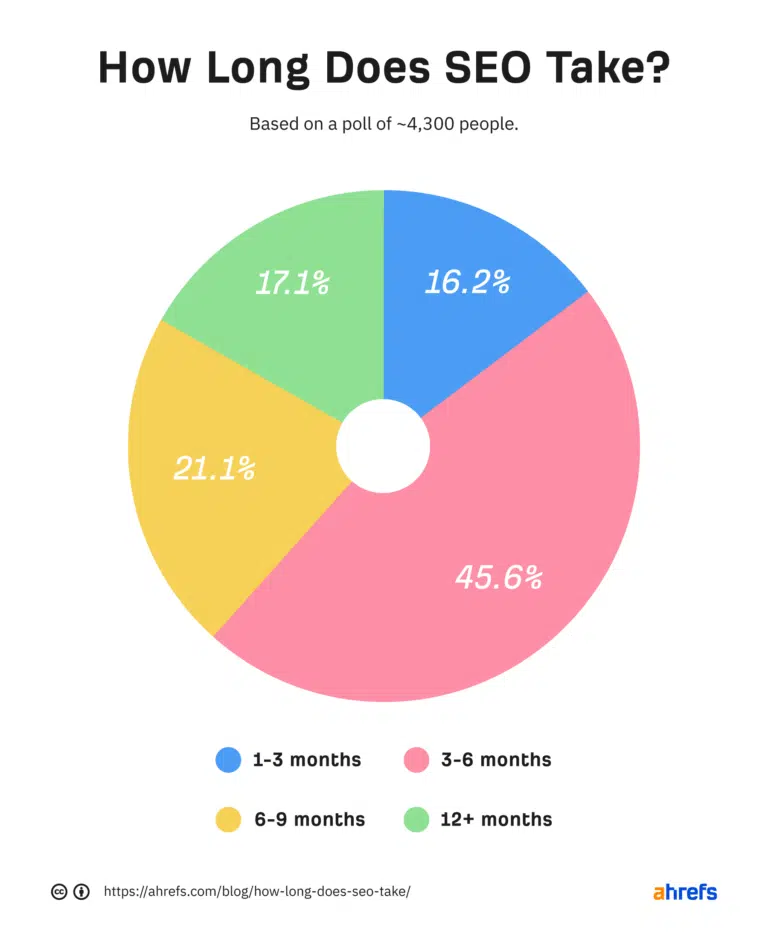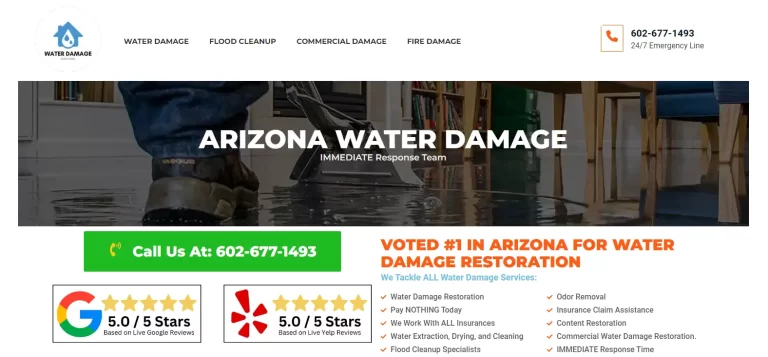
SEO Keywords Optimization Tips
First of all. If you are here it may be because you know about keywords and SEO relationships. However, I will start with why are keywords important for SEO Keywords Optimization Tips so we can have a base to start from.

Table of Content
Why are keywords important for SEO?
Whenever someone searches for anything online, people have to type words in a search engine to get results. These search engines then look for words and/or phrases related to the user’s search. This means choosing the right keywords can help you rank higher in the search results
For example, if your target audience is people searching for the best running shoes to run a marathon, the keyword “marathon running” wouldn’t be the best choice because the top pages for that search are about training for a marathon.
SEO, or search engine optimization, is the process of improving the visibility and ranking of a website or blog in search engine results pages (SERPs). By optimizing your site for relevant keywords, you can increase the chances of your site appearing at the top of search results and attracting more traffic. Here are some amazing tips for SEO keyword optimization:
SEO Keywords Optimization Tips
- Research and select relevant keywords: The first step in keyword optimization is to identify the words and phrases that your target audience is using to search for your products or services. Use tools like Google’s Keyword Planner to research and select the most relevant and popular keywords for your niche.
- Use keywords in your titles and headings: Titles and headings are some of the most important elements of your web pages, as they help search engines understand the content of your pages. Make sure to include your target keywords in your titles and headings, and use them in a natural and meaningful way.
- Use keywords in your content: In addition to using keywords in your titles and headings, it is also important to include them in the body of your content. Use your keywords throughout your content in a natural and relevant way, but be careful not to overdo it. Search engines may penalize you for keyword stuffing, or the practice of cramming as many keywords as possible into your content.
- Use long-tail keywords: Long-tail keywords are longer, more specific phrases that are less competitive and easier to rank for. For example, “best organic shampoo for dry hair” is a long-tail keyword that is more targeted and specific than just “organic shampoo.” By targeting long-tail keywords, you can attract more qualified traffic to your site.
- Use internal and external links: Internal and external links help search engines understand the structure and content of your site. Use your target keywords as anchor text for your internal and external links to help search engines understand the relevance of your linked pages.
- Optimize your meta tags: Meta tags are HTML tags that provide information about your web pages to search engines. The two most important meta tags for SEO are the title tag and the meta description tag. Make sure to include your target keywords in these tags to help search engines understand the content of your pages.
- Use social media to promote your content: Social media platforms like Facebook, Twitter, and Instagram can help you promote your content and attract more traffic to your site. Use your target keywords in your social media posts to help search engines understand the relevance of your content.
By following these tips for SEO keyword optimization, you can improve the visibility and ranking of your site in search engine results and attract more qualified traffic to your site. Remember to focus on relevant and popular keywords, use them naturally and meaningfully in your content, and optimize your meta tags and social media posts to get the best results. There are more tips in our blog about SEO Keywords Optimization Tips. We are creating the ultimage guide for SEO Keywords Optimization Tips.




